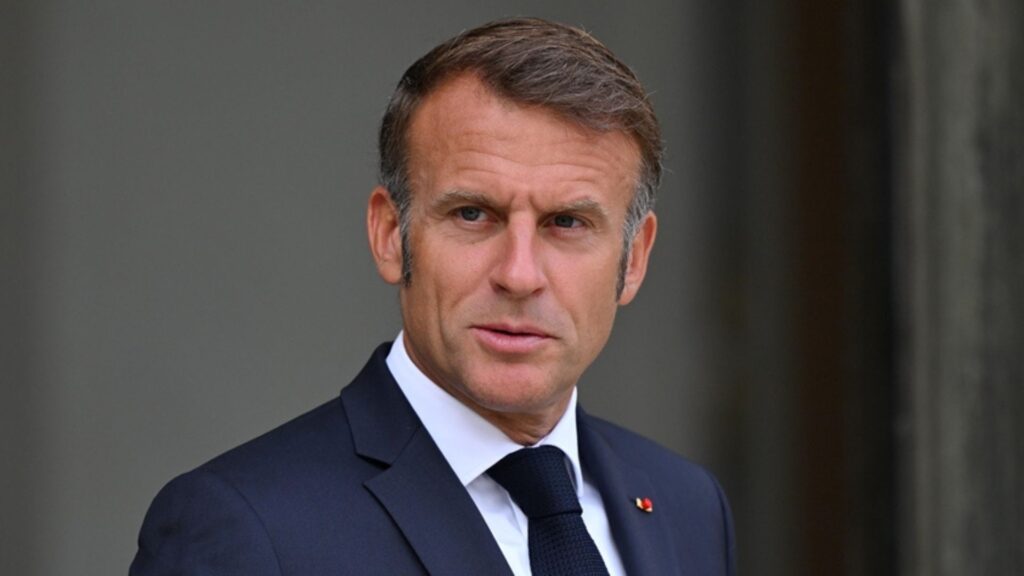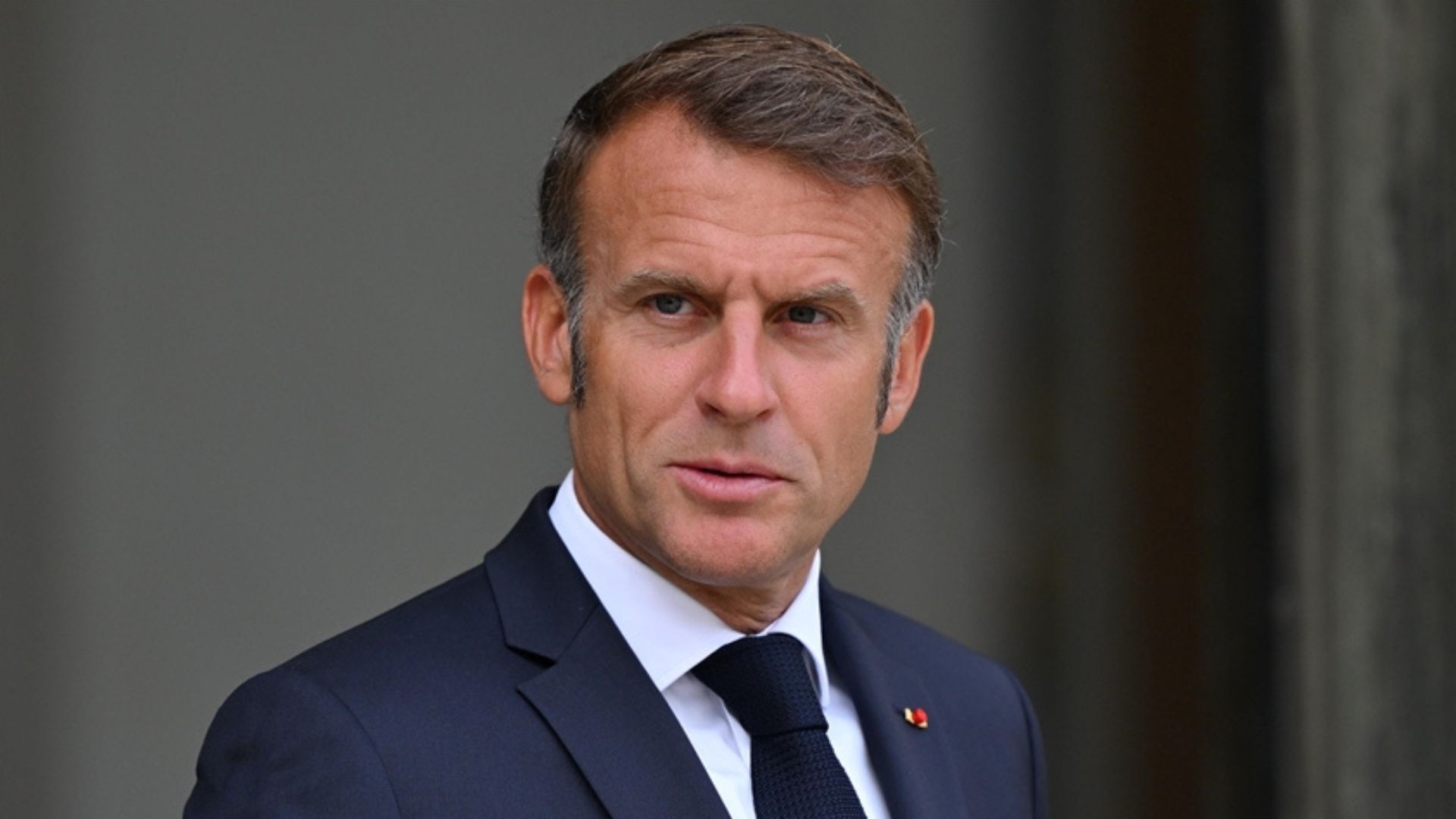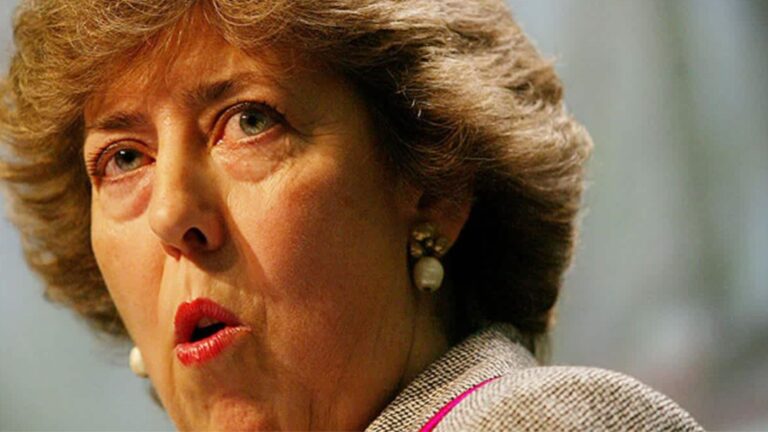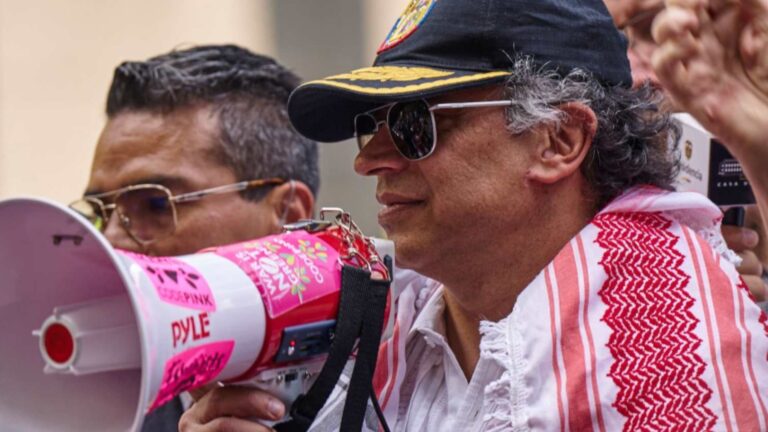
French President Emmanuel Macron publicly reprimanded U.S. Ambassador to France Charles Kushner on Sunday, denouncing Kushner’s Wall Street Journal letter as a breach of diplomatic protocol and “unacceptable” interference in France’s internal affairs (aa.com). The confrontation underscores escalating tensions between Paris and Washington over Middle East policy, rising antisemitism in Europe, and diplomatic norms.
Diplomatic Protocol and the Vienna Convention
In an interview on Face the Nation, Macron asserted, “If you are a diplomat, you have to follow the rule of diplomacy” and criticized Kushner for airing grievances in public rather than through private channels (CBS News). France’s Foreign Ministry summoned Kushner in August after his open letter linked France’s support for Palestinian statehood to a surge in antisemitic violence. The ministry cited the 1961 Vienna Convention on Diplomatic Relations, which prohibits diplomats from meddling in a host country’s domestic affairs.
Content of the Controversial Letter
Ambassador Kushner’s August op-ed accused France of failing to protect Jews amid increasing antisemitic incidents—murders, assaults, and vandalism—and argued that gestures toward recognizing a Palestinian state had “emboldened extremists, fueled violence, and endangered Jewish life” (NBC News). Kushner warned that recognizing Palestine at the upcoming UN General Assembly would be “counterproductive” and urged France to strengthen security measures for its Jewish citizens.
Middle East Policy Flashpoint
Macron is set to formally recognize Palestinian statehood at the UN on Monday, joining the UK, Canada, Australia, and Belgium—moves strongly opposed by the Trump administration (aa.com). Kushner’s letter claimed French criticism of Israeli policies contributed directly to domestic antisemitism, a position Macron rejected: “Disagreeing with Israeli policies doesn’t make me antisemitic.” France was the first major Western power to adopt the International Holocaust Remembrance Alliance’s definition equating certain anti-Zionist expressions with antisemitism.
Diplomatic Fallout and Next Steps
France’s public summons and Macron’s televised rebuke represent rare escalations in U.S.–French relations, potentially complicating cooperation on counterterrorism, trade, and intelligence sharing. Diplomatic sources indicate behind-the-scenes efforts are underway to defuse tensions before the UN General Assembly. The U.S. State Department has declined further comment, preferring quiet diplomacy to resolve the dispute.
As Macron prepares his recognition announcement and Kushner navigates the backlash, both governments face the challenge of preserving a historic alliance while respecting sovereign policy differences on one of today’s most contentious global issues.











